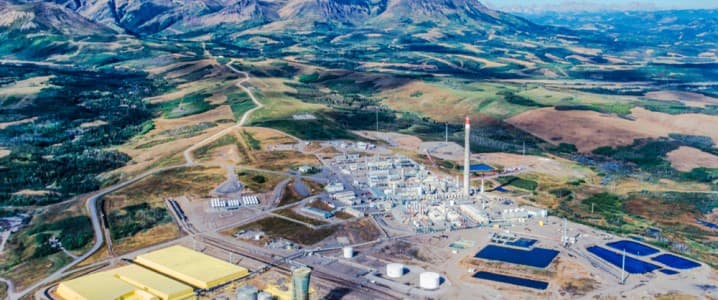The Environmental Protection Agency (EPA) has announced a series of regulatory rollbacks aimed at reducing environmental restrictions on industries. Supporters argue that these moves will stimulate economic growth and reduce regulatory burdens on businesses, while critics warn of significant environmental and public health consequences.
The Role of the EPA in U.S. Policy
The EPA is responsible for enforcing environmental laws designed to protect air and water quality, reduce pollution, and mitigate climate change. Over the years, different administrations have approached regulation differently, with Democratic administrations generally favoring stricter rules and Republican administrations pushing for deregulation. The latest rollbacks continue this trend, focusing on loosening rules for industries like fossil fuels, transportation, and manufacturing.
Breaking Down the Rollbacks: What’s Changing?
Power Plant Emission Standards Relaxed
- The EPA is reconsidering limits on carbon dioxide emissions from coal and natural gas power plants.
- This could lead to increased pollution and slow the transition to cleaner energy sources.
Toxic Metal Emission Limits Weakened
- The agency is relaxing restrictions on mercury and arsenic emissions from power plants.
- These metals are known to cause severe neurological and developmental issues.
Looser Wastewater Regulations for Power Plants
- The EPA is allowing higher levels of toxins in discharged wastewater.
- This could contaminate drinking water supplies, posing health risks.
New Uses for Oil & Gas Wastewater
- The EPA proposes expanding the use of treated wastewater from oil and gas operations in agriculture and firefighting.
- Concerns include potential chemical contamination of food and land.
Easing of Vehicle Emission Standards
- The agency plans to reassess fuel efficiency and emission rules for cars and trucks.
- This could lead to higher fuel consumption and increased air pollution.
Challenge to the 2009 Endangerment Finding
- The EPA may attempt to overturn the ruling that classifies greenhouse gases as harmful to public health.
- This could undermine many existing climate regulations.
Repeal of the ‘Good Neighbor Plan’
- This plan limited air pollution traveling across state lines.
- Without it, states with stricter environmental laws may see increased pollution from neighboring states.
Changes to the ‘Social Cost of Carbon’ Calculation
- This metric measures the economic impact of carbon emissions.
- Weakening this calculation could justify less aggressive climate policies.
The Economic and Political Implications
The Business Perspective: Winners & Losers
- Benefiting industries: coal, oil, natural gas, manufacturing.
- Potential losers: renewable energy companies, electric vehicle manufacturers.
Impact on Investors and the Market
- Deregulation may boost fossil fuel stocks in the short term.
- Long-term risks include market instability from climate-related lawsuits and stricter future regulations.
The Political Divide
- Republicans and industry groups support the changes as necessary for economic growth.
- Democrats, environmentalists, and some states are preparing legal challenges.
- The rollbacks could become a major issue in the 2024 election.
Public Health and Environmental Consequences
- Increased pollution could lead to more respiratory diseases, water contamination, and environmental degradation.
- Climate change effects could worsen as emissions rise.
- Scientific consensus warns that these rollbacks could have severe long-term consequences.
What’s Next?
- Expect legal challenges from environmental groups and states with stricter regulations.
- Businesses and investors should prepare for potential regulatory shifts under future administrations.
- The long-term impact will depend on public and political reactions, as well as judicial rulings on these rollbacks.





